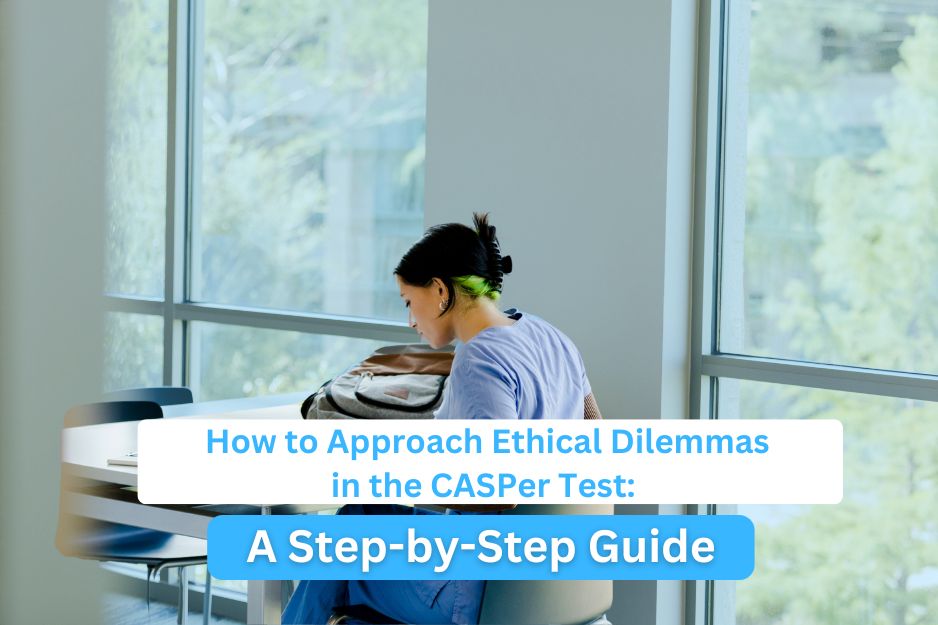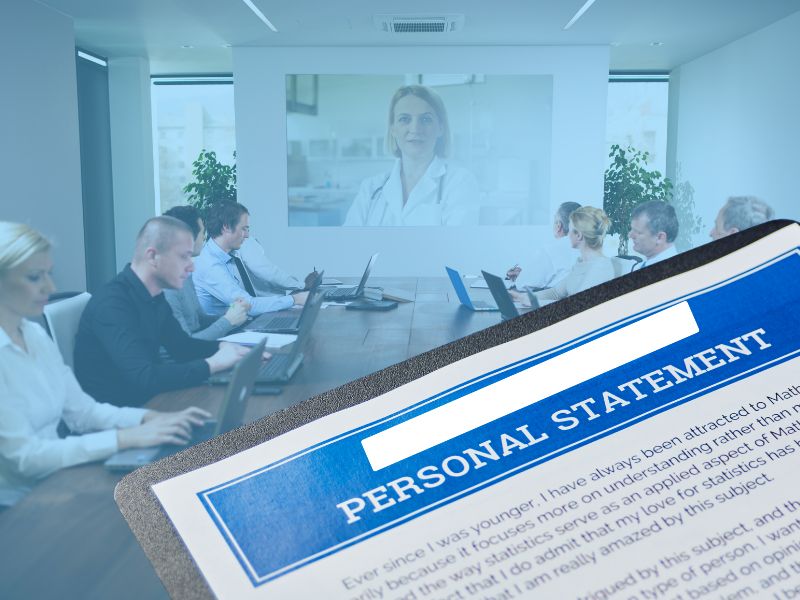During my time as an undergraduate student, I remember feeling very overwhelmed and confused with the process involving attaining a research position. It seemed that everyone around me was quickly finding projects and I was still trying to figure out the first step in the process. If you are in a similar position, please rest assured that you are not alone! The realm of research is difficult to navigate but I hope the following 3 tips will help you gain an understanding of the process of gaining a research position!
- Embrace yourself in the literature and learn to think like a scientist. Most students entering an undergraduate program likely come from high school with very little or no research experience. As such, you are likely not well versed in the most recent literature. You may ask – “how can I possibly stay up to date with the tremendous amount of information that is published daily?” – at least I asked myself that when I first got started. The best thing I can recommend you do is to subscribe to e-mail newsletters from high-impact journals such as Nature and Science. The subscription will provide you with the most recent and breakthrough discoveries to a variety of topics within the STEM field. After you are subscribed, I would recommend you regularly keep up to date with these articles, focusing on the topics that most interest you. When reading, look for questions that spark your curiosity and align with your interests. This will serve as the foundation on which the remainder of your journey to finding a research position relies on. By doing this very simple step you begin to gain a wealth of information that will be of benefit to you when reaching out to professors and attaining a research position.
- Actively peruse making connections. Much of getting a research position involves making sure you make a connection with the principal investigator (main researcher of the lab) and fellow lab members. This can seem impossible at first, however, you will quickly come to realize that members within the realm of research are very willing to meet with you and discuss research. If you followed tip 1 then you’re already armed with the knowledge you need to have a conversation and hopefully spark a connection. Attending conferences and talking to the professors you have in your classes are great ways of helping you do this. During your interaction, I would highly recommend you stick to discussing research related to the conference you are attending and not ask for a research position right there and then. Following the event, I would recommend sending an email to the professor/researcher you spoke letting them know that you interacted with them at the event and thoroughly enjoyed their research. In this same email, it would then be appropriate to ask if the lab has a potential opening for undergraduate students to come volunteer or work on a project.
- Reach out to multiple professors and be patient. Research takes time and similarly obtaining a research position will take time. You must be patient and continue your peruse by following Tips 1 and 2. I would recommend sending out emails to all researchers that interest you. Avoid general emails and rather tailor every email to the interest of the lab. I would recommend looking at the researcher’s most recent publications and including a couple of sentences in the email that discuss the article and how it aligns with your research interests. Keep the email short and sweet – Start by introducing yourself, then discuss their research and why you would enjoy working in their lab, and finally ask them if they are available for a meeting to further discuss this opportunity. After sending the email, wait a week, if the researcher has not responded then send a follow-up email.
I hope that the tips I included will help you understand the process of obtaining a research position. Please keep in mind that the process may, at times, be frustratingly slow and convoluted. However, continue to inform yourself of the research, attend events to make connections, and email professors – you will eventually get a research position!


